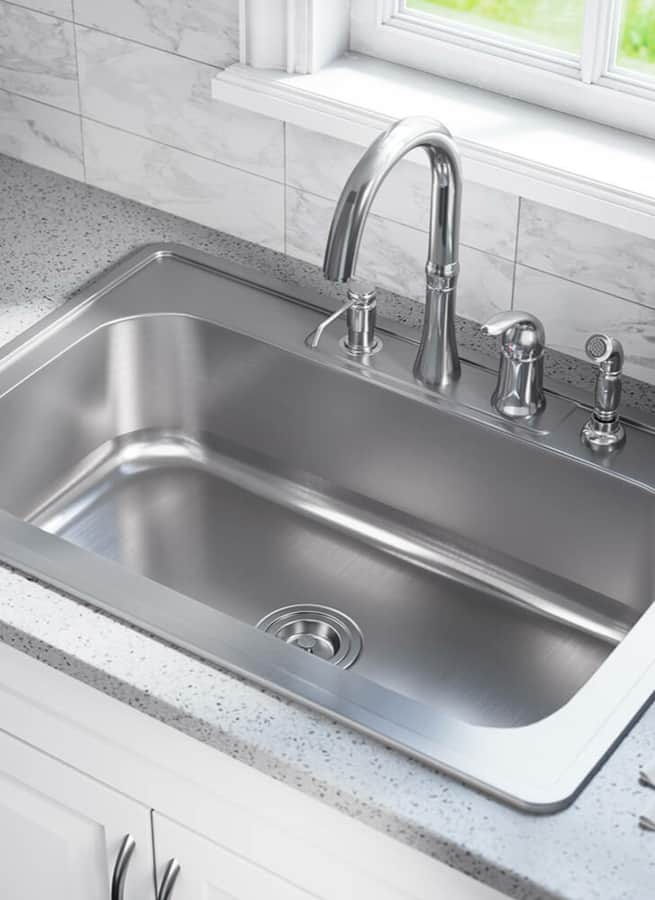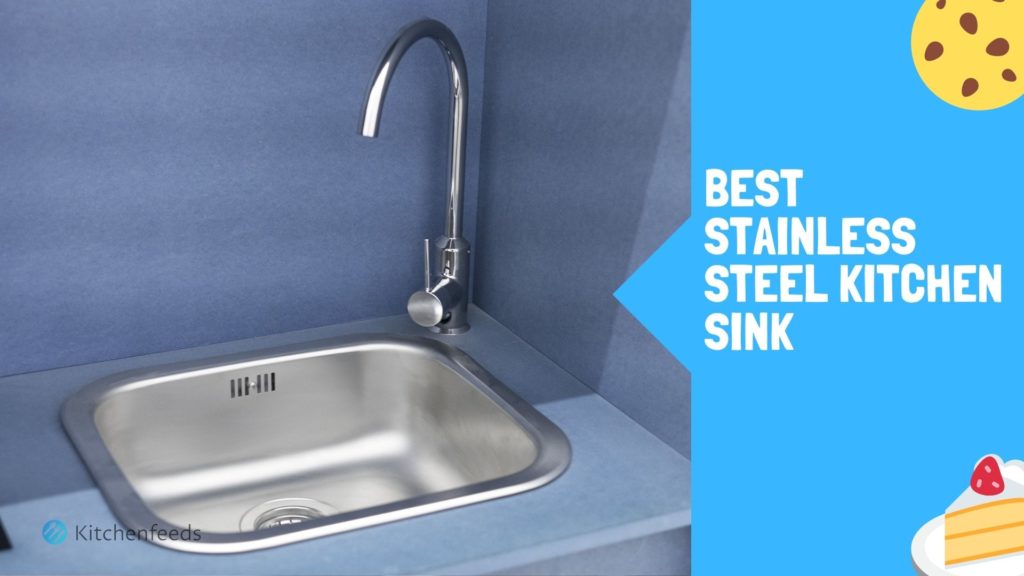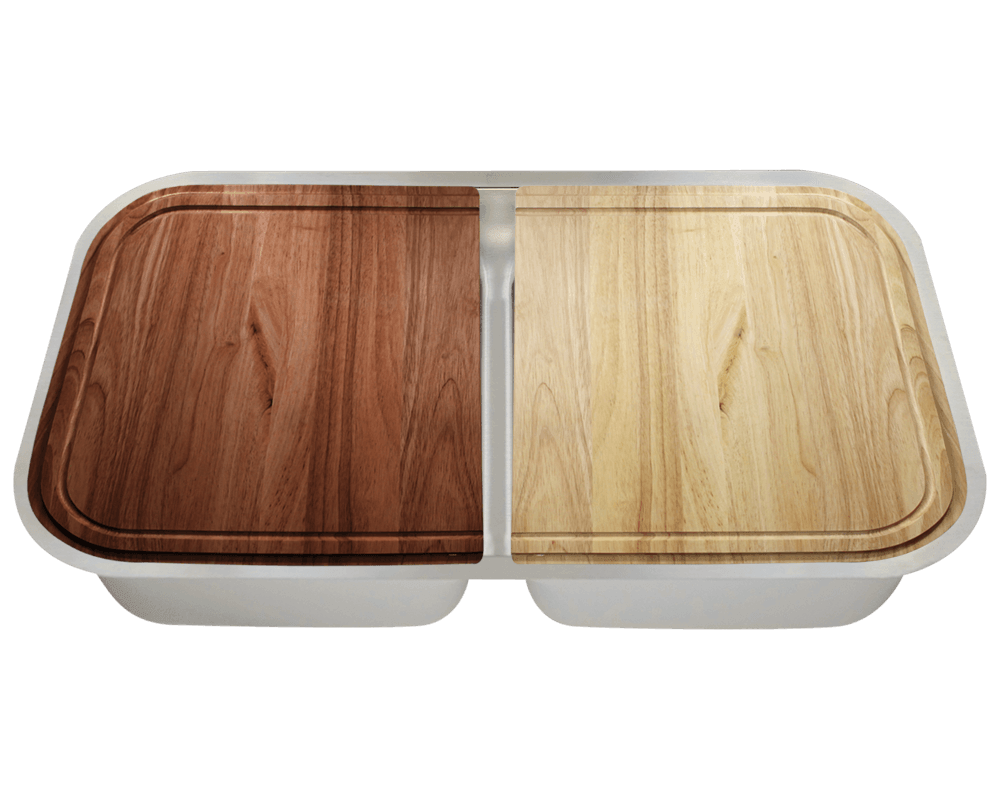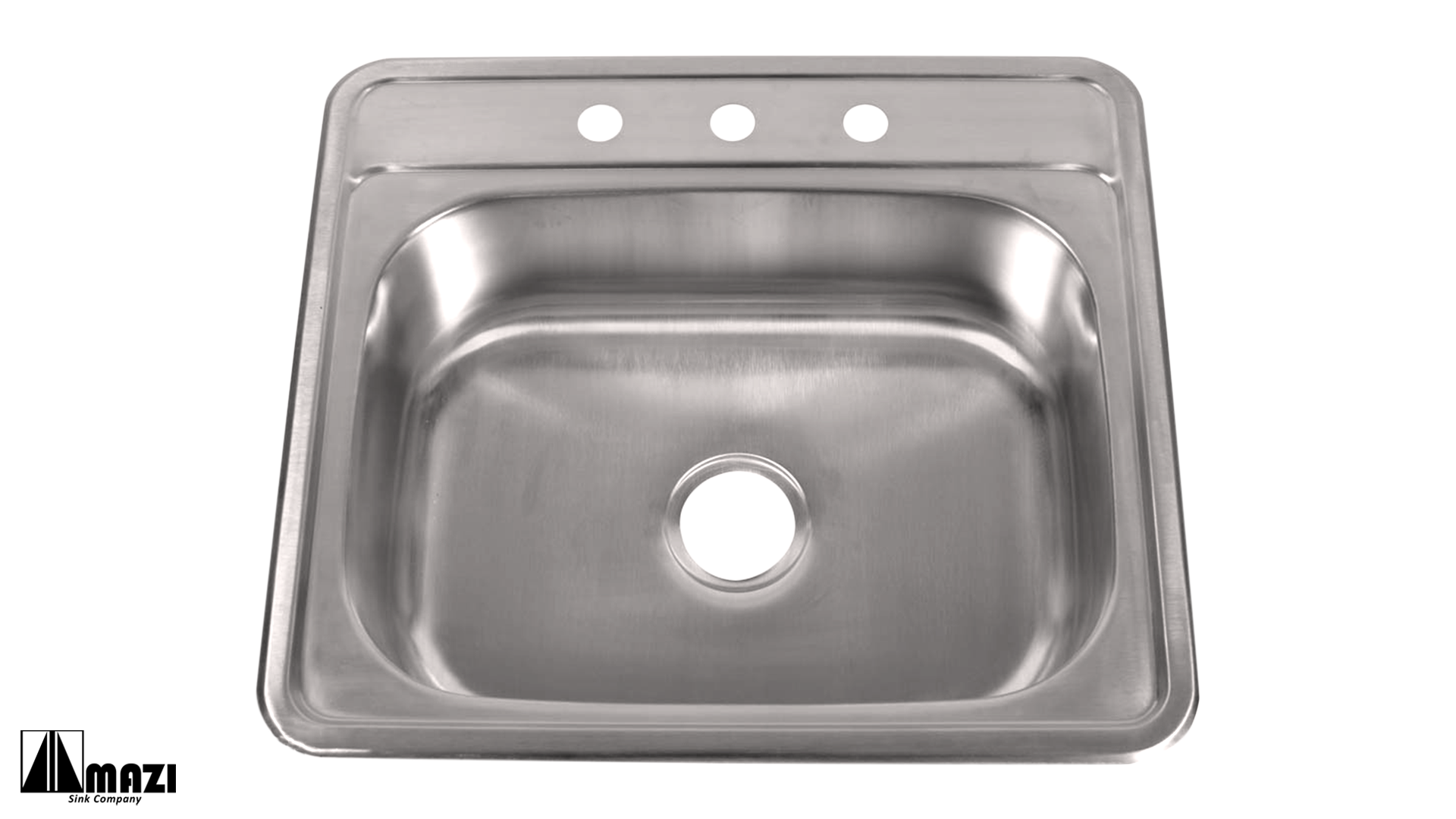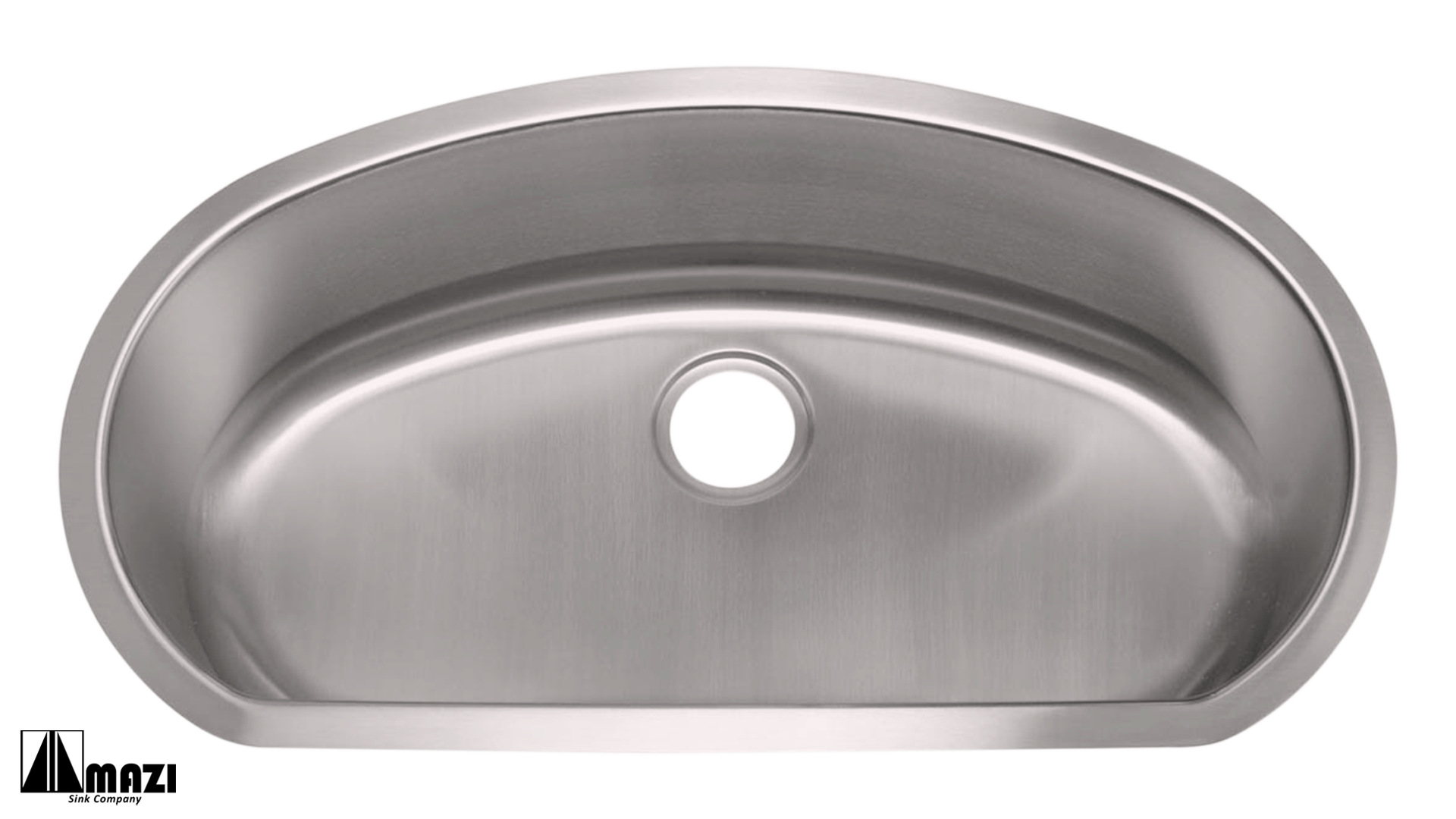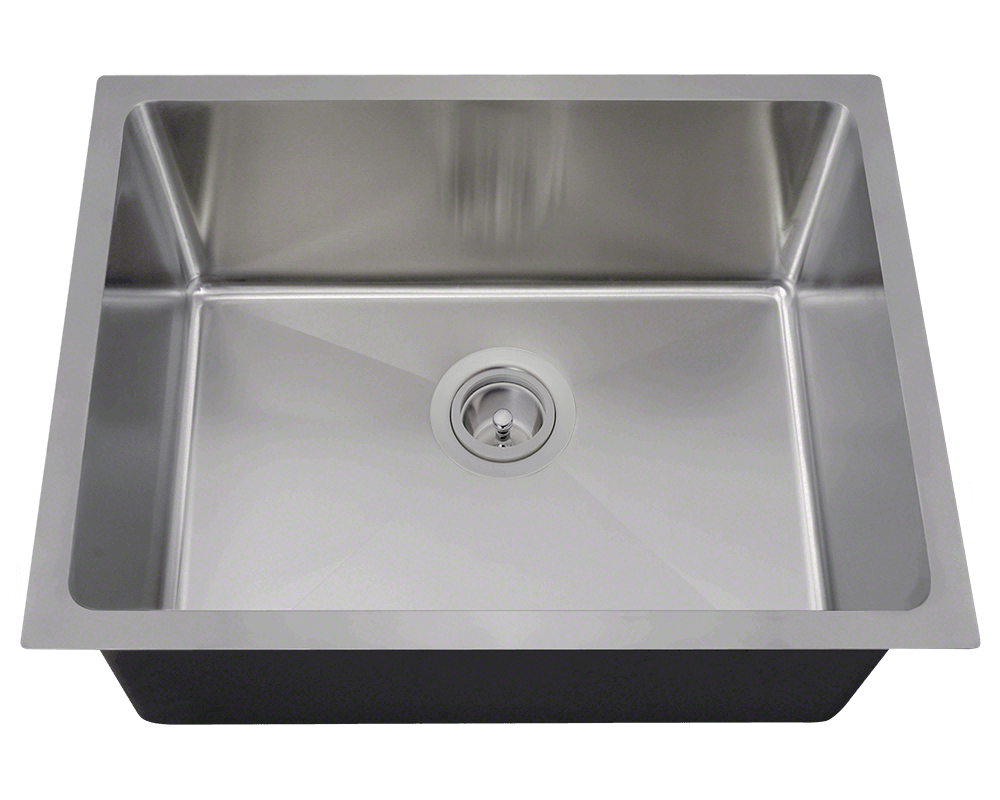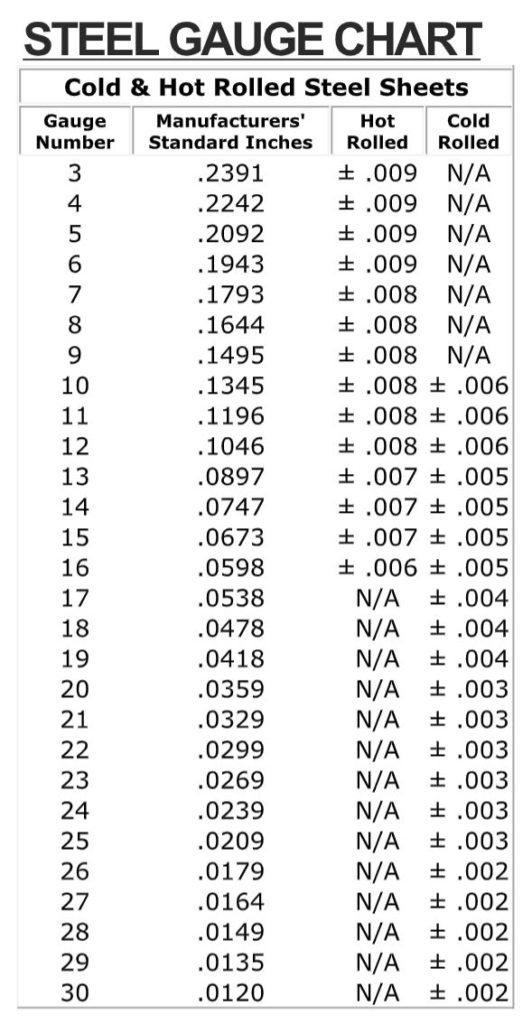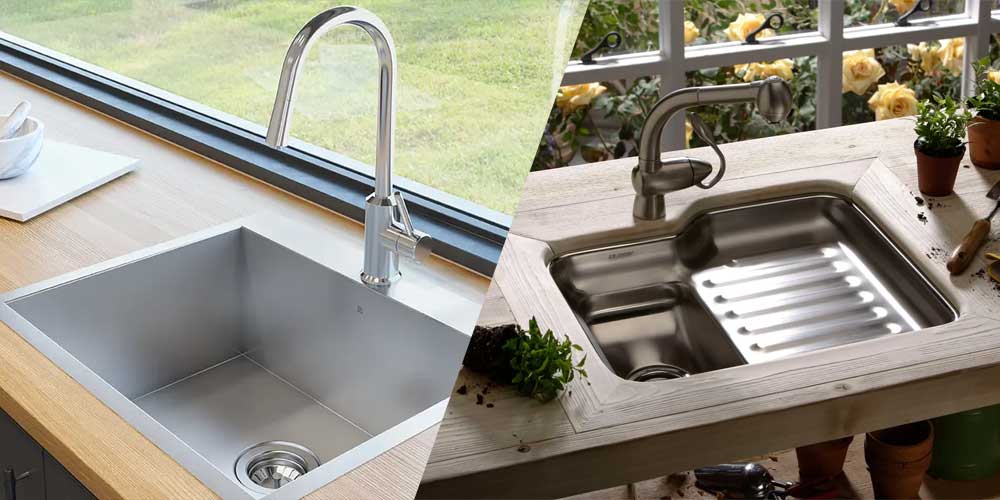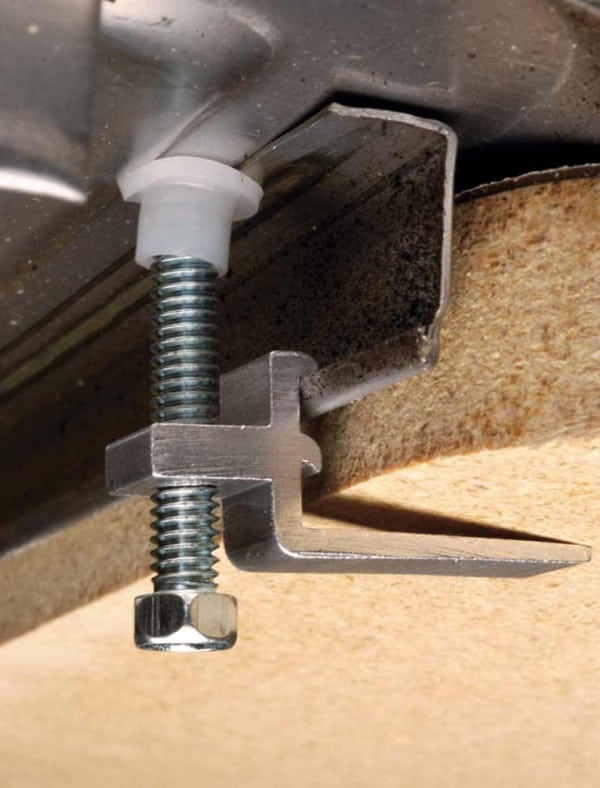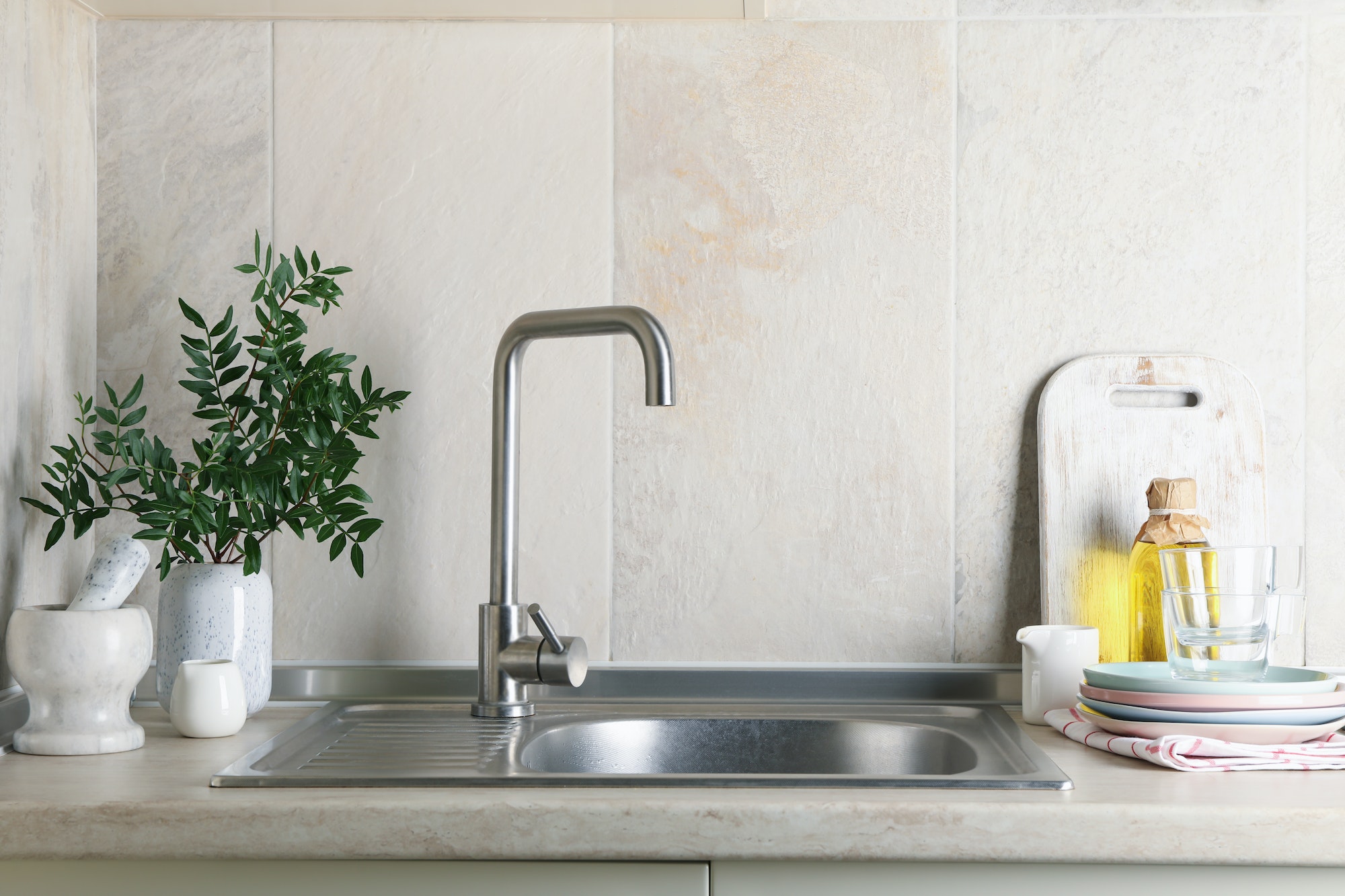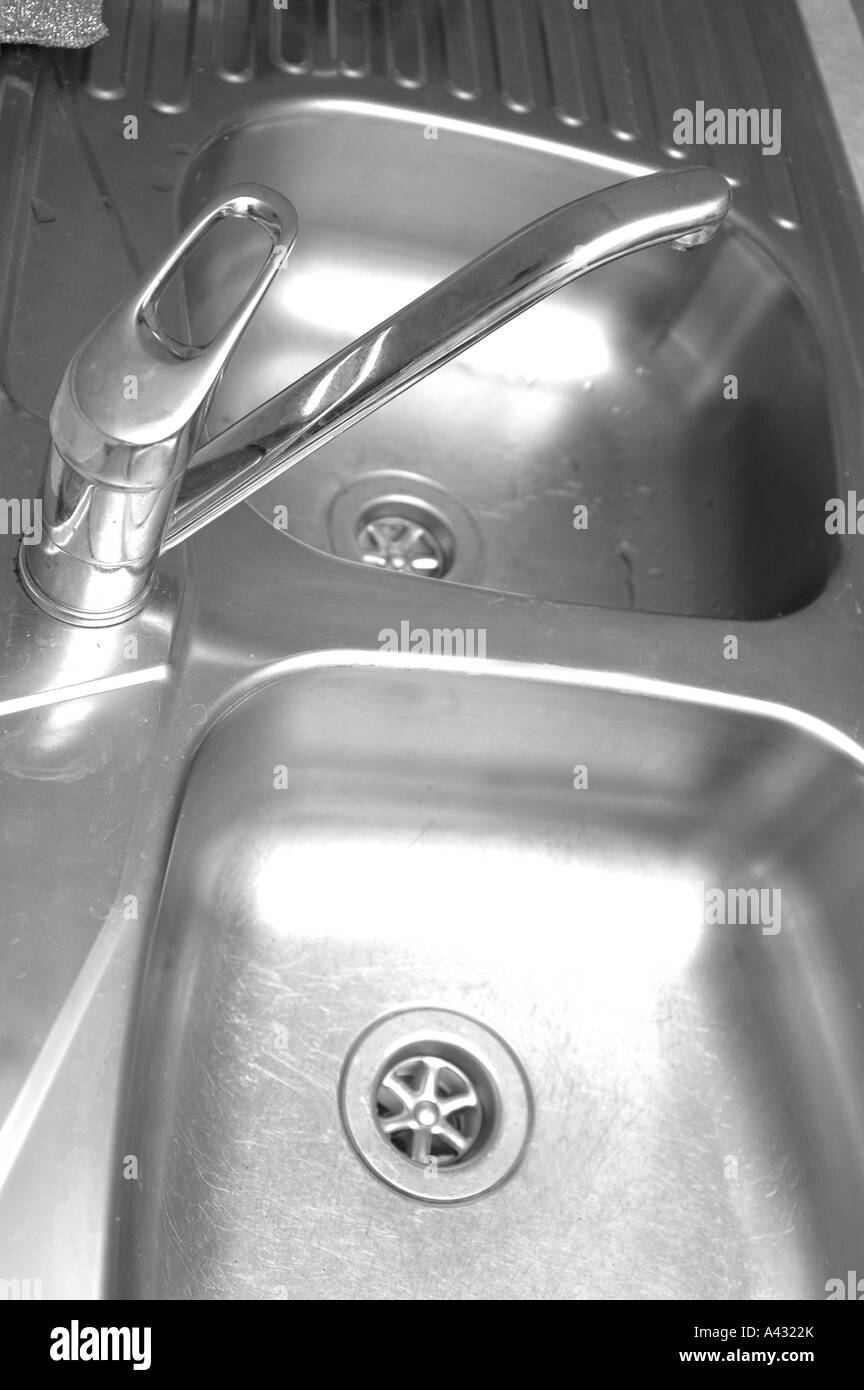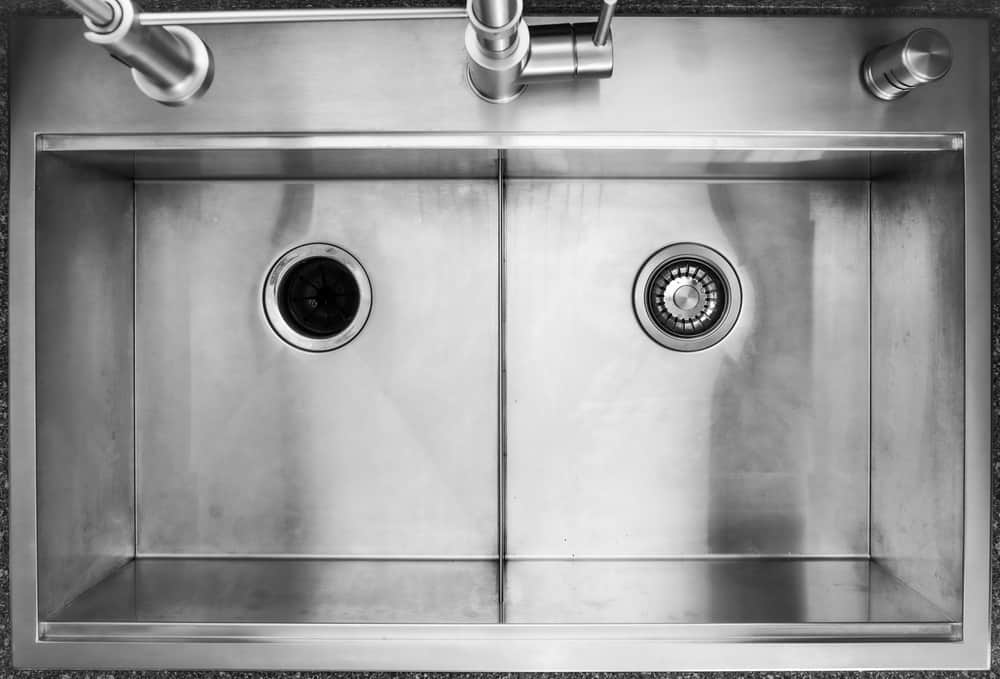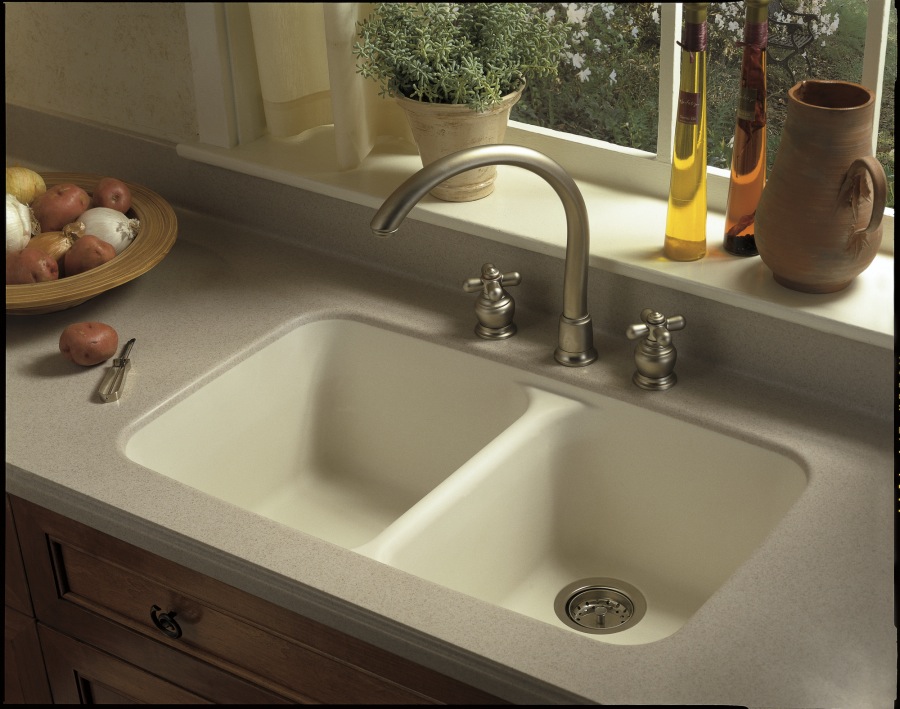The kitchen sink is one of the most essential fixtures in any household. It's where we wash our dishes, clean our hands, and perform other daily tasks. But when it comes to choosing a kitchen sink, there's more to consider than just the style and size. The gauge of the sink is also an important factor that can greatly impact its durability and functionality. In this article, we'll discuss everything you need to know about kitchen sink gauges to help you make an informed decision.Understanding Kitchen Sink Gauge
The gauge of a kitchen sink refers to the thickness of the metal used to make it. It's measured in terms of the number of sheet metal used to create the sink. The higher the number, the thinner the metal and the lower the number, the thicker it is. For example, a 16-gauge sink is thicker than a 20-gauge sink. The lower the gauge number, the more durable and sturdy the sink will be. However, a lower gauge also means a higher price tag.What is a Kitchen Sink Gauge?
If you're unsure about the gauge of your kitchen sink, there are a few simple ways to measure it. The first method is to use a micrometer or caliper to measure the thickness of the sink's sidewalls. Another method is to compare the weight of the sink to the weight of a known gauge. For example, a 16-gauge sink will be heavier than a 20-gauge sink of the same size. Lastly, you can also consult the manufacturer's specifications or ask a professional for assistance.How to Measure Kitchen Sink Gauge
When it comes to choosing the right kitchen sink gauge, there are a few factors to consider. The first is your budget. As mentioned earlier, a lower gauge sink will be more expensive than a higher gauge one. The second factor is the sink's purpose. If you're someone who loves to cook and uses the sink frequently, a thicker gauge sink would be a better option as it can withstand heavy use and won't dent easily. On the other hand, if you're looking for a sink for a guest or secondary kitchen, a higher gauge sink may suffice.Choosing the Right Kitchen Sink Gauge
Like any other product, each kitchen sink gauge has its own set of pros and cons. A lower gauge sink, such as a 16 or 18 gauge, is more durable and can withstand heavy use. It's also less likely to dent or scratch. However, they can be more expensive and may require additional support for installation. On the other hand, a higher gauge sink, such as a 20 or 22 gauge, is more affordable and easier to install. However, they're not as durable and may dent or scratch more easily.Pros and Cons of Different Kitchen Sink Gauges
Stainless steel is one of the most popular materials used for kitchen sinks. It's durable, easy to clean, and has a sleek, modern appearance. However, stainless steel sinks also come in different gauges, so it's essential to understand their differences. A lower gauge stainless steel sink, such as 16 or 18 gauge, will be thicker and more durable, while a higher gauge sink, such as 20 or 22 gauge, will be thinner and less durable. It's also worth noting that the thickness of stainless steel sinks may vary depending on the manufacturer.Understanding Stainless Steel Kitchen Sink Gauges
As mentioned earlier, a lower gauge sink is thicker and more durable than a higher gauge sink. Let's compare the three most common kitchen sink gauges - 16, 18, and 20 - to give you a better idea of their differences. A 16-gauge sink is the thickest and most expensive, making it the most durable and sturdy. An 18-gauge sink is the most commonly used and offers a good balance between durability and price. A 20-gauge sink is the thinnest and most affordable but may not be as durable as the other two options.Comparing Kitchen Sink Gauges: 16 vs 18 vs 20
Installing a kitchen sink with different gauges is a similar process, regardless of the gauge. However, some additional steps may be required for thicker gauge sinks. For example, a 16 or 18-gauge sink may require additional support, such as under-mount clips or extra reinforcement in the cabinet. It's best to consult the manufacturer's instructions or hire a professional for installation to ensure it's done correctly.How to Install a Kitchen Sink with Different Gauges
The maintenance and cleaning of different kitchen sink gauges are relatively similar. However, a lower gauge sink may require less maintenance and be more resistant to scratches and dents. To clean any kitchen sink, use a mild soap and warm water and dry with a soft cloth to avoid water spots. Avoid using harsh chemicals or abrasive cleaners, as they can damage the sink's finish. It's also recommended to use a cutting board when working with sharp objects to prevent scratches.Maintaining and Cleaning Different Kitchen Sink Gauges
There are a few common misconceptions about kitchen sink gauges that are worth addressing. The first is that a lower gauge sink is always better. While a lower gauge sink is more durable, it may not be necessary for everyone's needs, and a higher gauge sink may suffice. Another misconception is that all stainless steel sinks are the same thickness. As mentioned earlier, the thickness of stainless steel sinks can vary, so it's essential to check the gauge before purchasing. In conclusion, understanding kitchen sink gauge is crucial in selecting the right sink for your needs. It's important to consider your budget, the sink's purpose, and the pros and cons of different gauges before making a decision. By keeping these factors in mind, you'll be able to choose a kitchen sink that not only fits your style but also meets your needs and lasts for years to come.Common Misconceptions about Kitchen Sink Gauges
The Importance of Understanding Kitchen Sink Gauge in House Design

The Role of Kitchen Sink Gauge in House Design
 When it comes to designing a house, every detail matters. This includes choosing the right kitchen sink and understanding its gauge. The
kitchen sink gauge
refers to the thickness of the metal used in the sink. The lower the gauge number, the thicker the metal. This may seem like a minor detail, but it can have a significant impact on the overall design and functionality of your kitchen.
When it comes to designing a house, every detail matters. This includes choosing the right kitchen sink and understanding its gauge. The
kitchen sink gauge
refers to the thickness of the metal used in the sink. The lower the gauge number, the thicker the metal. This may seem like a minor detail, but it can have a significant impact on the overall design and functionality of your kitchen.
Factors to Consider in Choosing a Kitchen Sink Gauge
 The choice of kitchen sink gauge depends on various factors, such as the size of the sink, the material used, and your personal preferences.
Stainless steel
is the most popular material for kitchen sinks, and it comes in different gauges. A
16-gauge
sink is considered the thickest and most durable, while a
22-gauge
sink is thinner and more prone to denting.
The choice of kitchen sink gauge depends on various factors, such as the size of the sink, the material used, and your personal preferences.
Stainless steel
is the most popular material for kitchen sinks, and it comes in different gauges. A
16-gauge
sink is considered the thickest and most durable, while a
22-gauge
sink is thinner and more prone to denting.
The Pros and Cons of Different Kitchen Sink Gauges
 A
thicker gauge
sink provides more durability and resistance to dents and scratches. It can also absorb more noise and vibrations, making it a popular choice for busy kitchens. However, it comes with a higher price tag. On the other hand, a
thinner gauge
sink is more affordable but may require extra care to prevent damage.
A
thicker gauge
sink provides more durability and resistance to dents and scratches. It can also absorb more noise and vibrations, making it a popular choice for busy kitchens. However, it comes with a higher price tag. On the other hand, a
thinner gauge
sink is more affordable but may require extra care to prevent damage.
Consider Your Usage and Needs
 When choosing a kitchen sink gauge, it's essential to consider your usage and needs. If you have a large family or do a lot of cooking, a thicker gauge sink may be the better option. However, if you have a smaller household and don't use the sink as frequently, a thinner gauge sink can still be a practical choice.
When choosing a kitchen sink gauge, it's essential to consider your usage and needs. If you have a large family or do a lot of cooking, a thicker gauge sink may be the better option. However, if you have a smaller household and don't use the sink as frequently, a thinner gauge sink can still be a practical choice.
The Aesthetics of Kitchen Sink Gauge
 Aside from functionality, kitchen sink gauge can also affect the aesthetics of your kitchen. Thicker gauge sinks have a more substantial and luxurious look, while thinner gauge sinks can give a sleek and modern appearance. Consider the overall design and style of your kitchen when choosing the right gauge for your sink.
Aside from functionality, kitchen sink gauge can also affect the aesthetics of your kitchen. Thicker gauge sinks have a more substantial and luxurious look, while thinner gauge sinks can give a sleek and modern appearance. Consider the overall design and style of your kitchen when choosing the right gauge for your sink.
Final Thoughts
 In conclusion, understanding kitchen sink gauge is crucial in house design. It not only affects the durability and functionality of your sink but also plays a role in the overall look of your kitchen. Take into account your usage, budget, and design preferences when choosing the right gauge for your kitchen sink. With the right information and considerations, you can achieve a beautiful and functional kitchen design that suits your needs.
In conclusion, understanding kitchen sink gauge is crucial in house design. It not only affects the durability and functionality of your sink but also plays a role in the overall look of your kitchen. Take into account your usage, budget, and design preferences when choosing the right gauge for your kitchen sink. With the right information and considerations, you can achieve a beautiful and functional kitchen design that suits your needs.
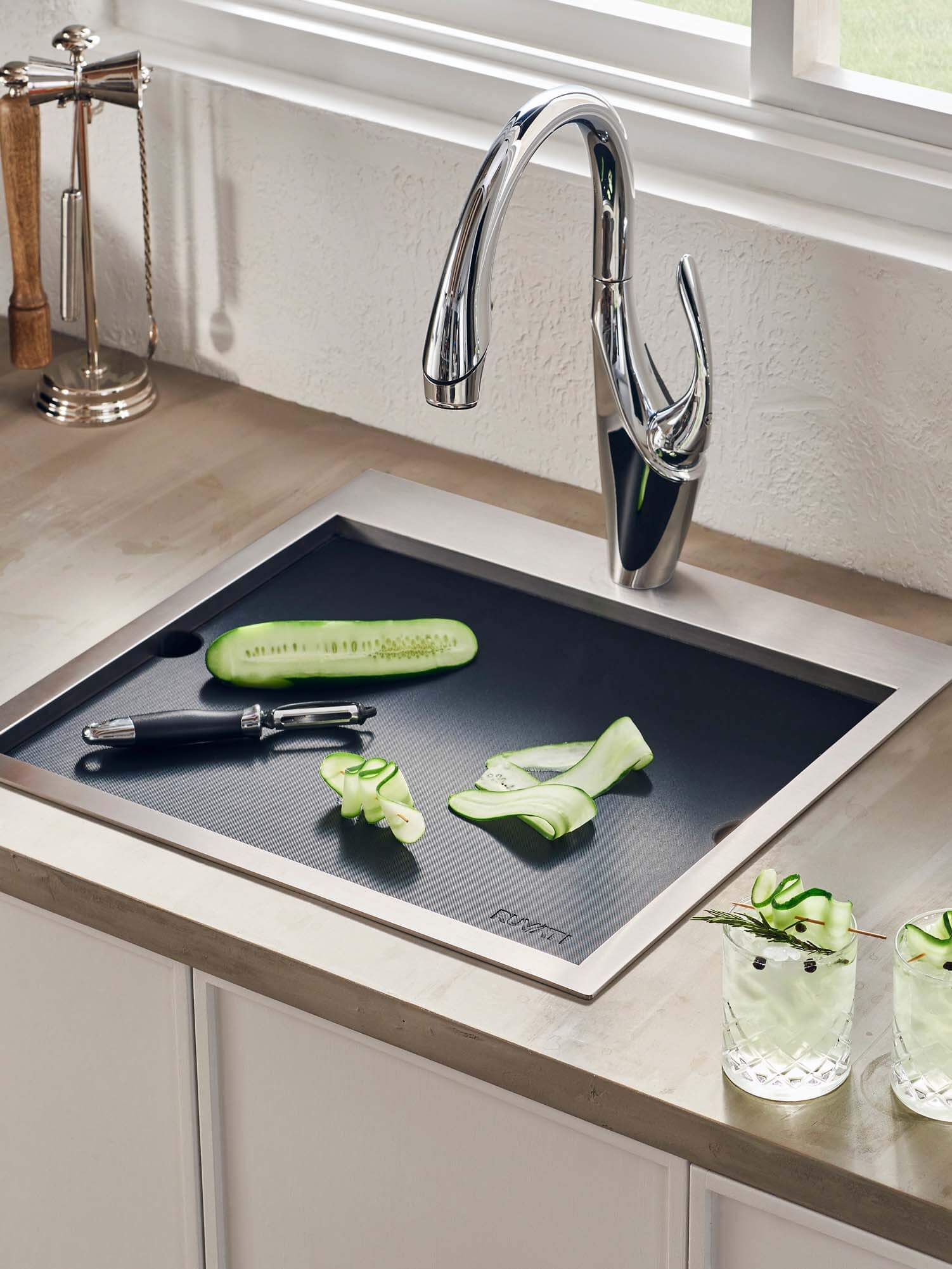



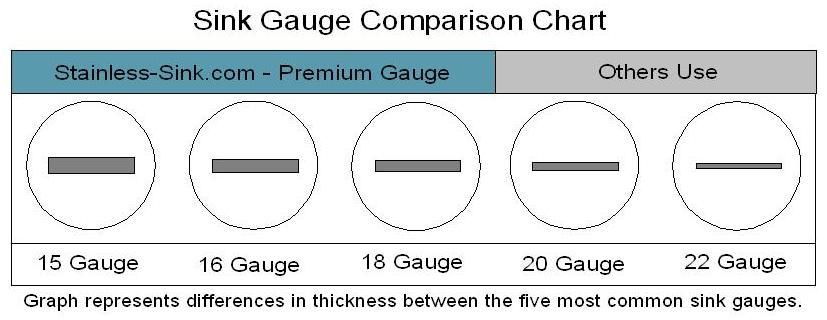
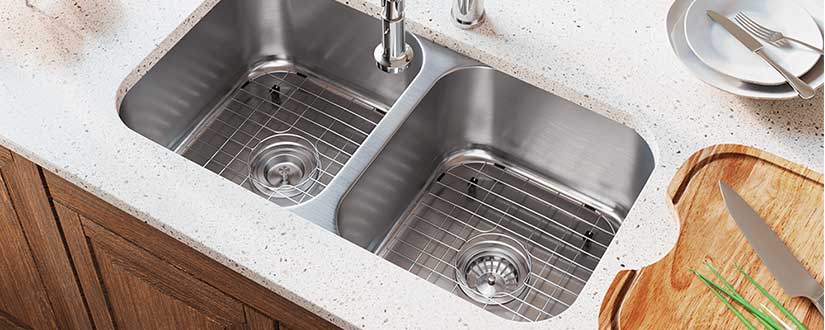






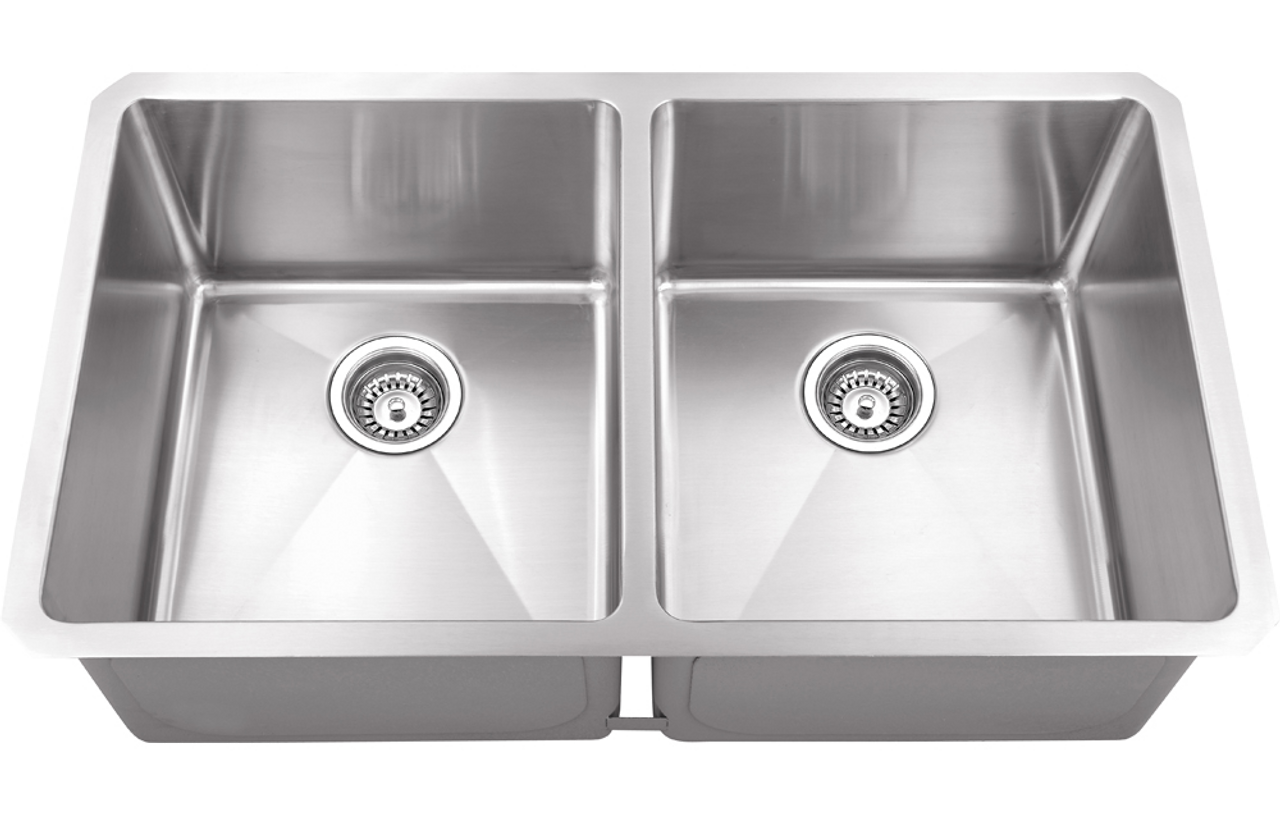



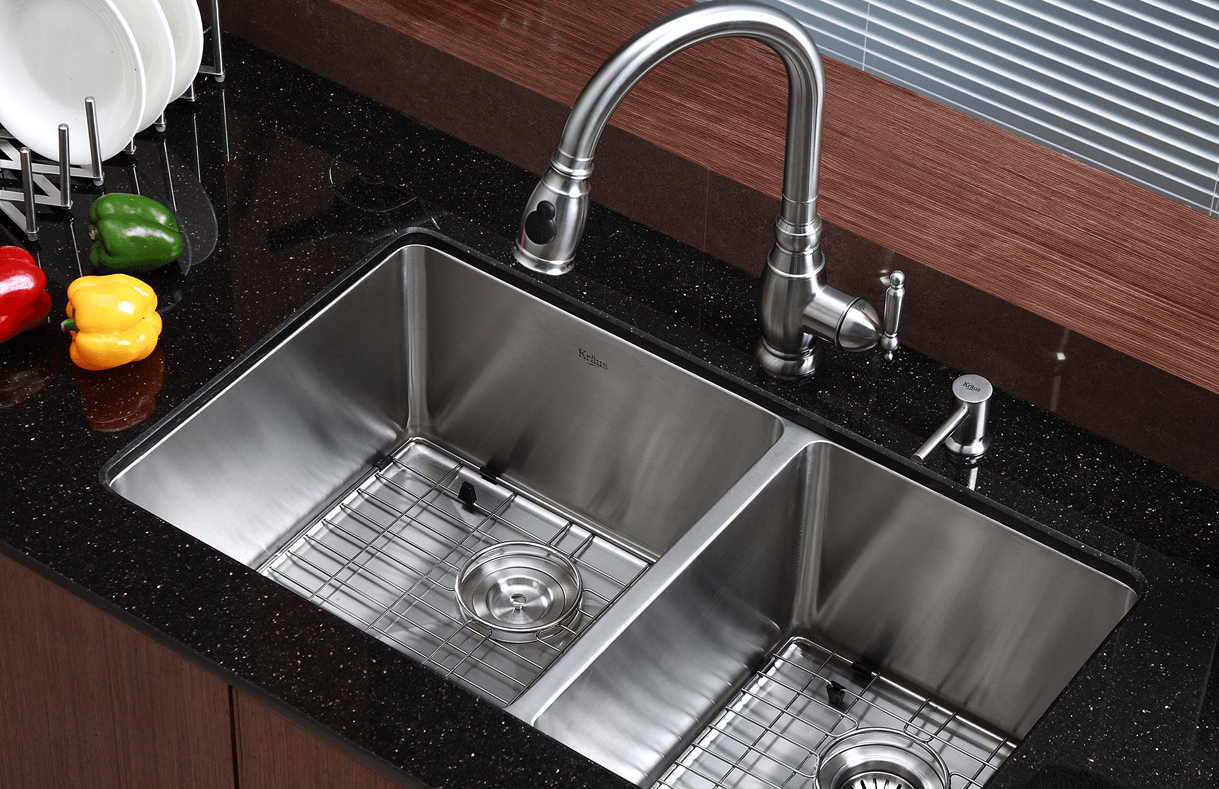
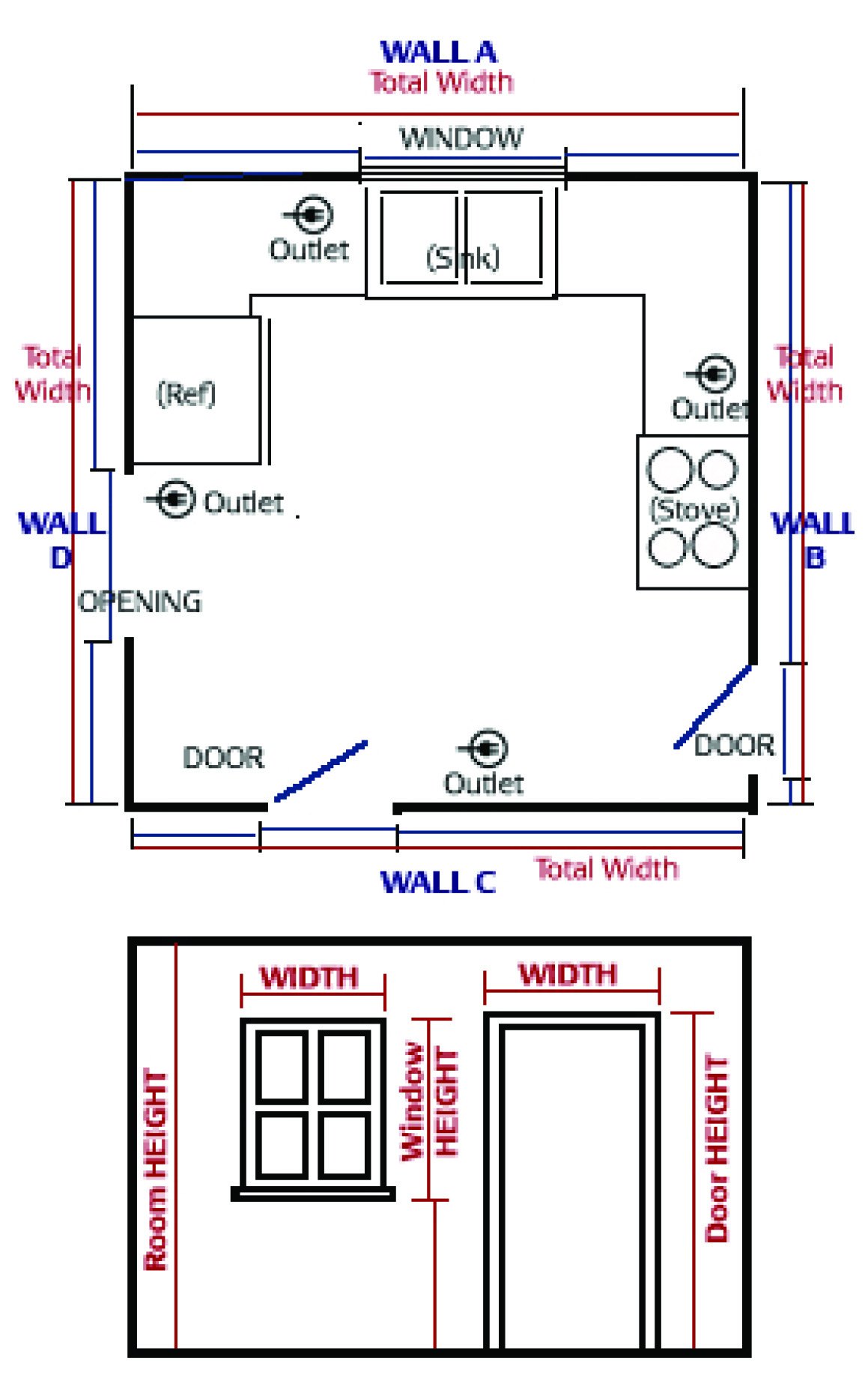




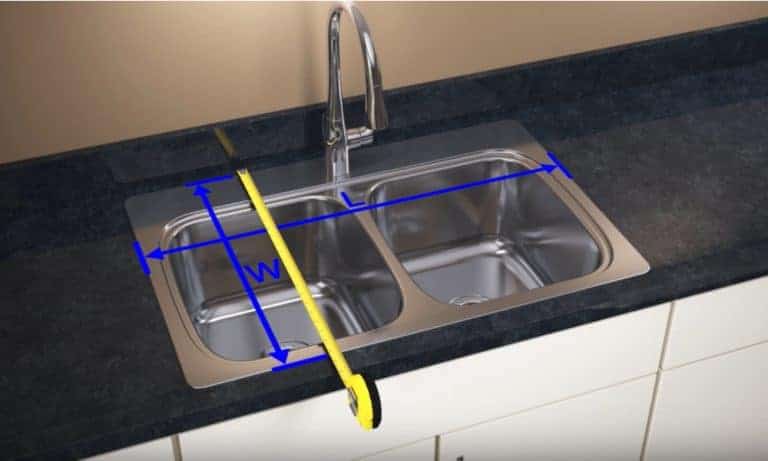
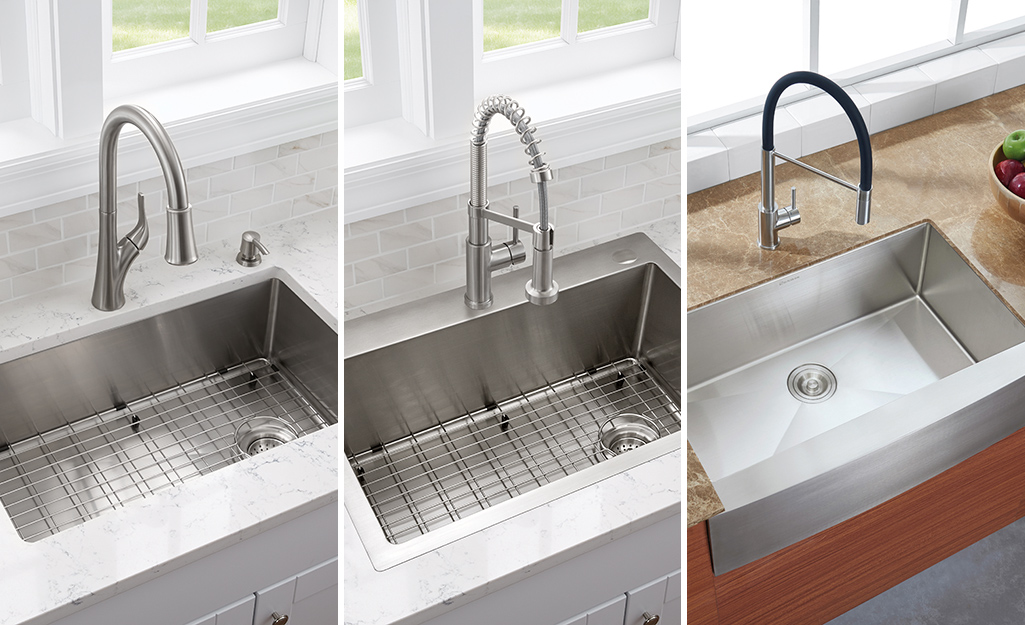




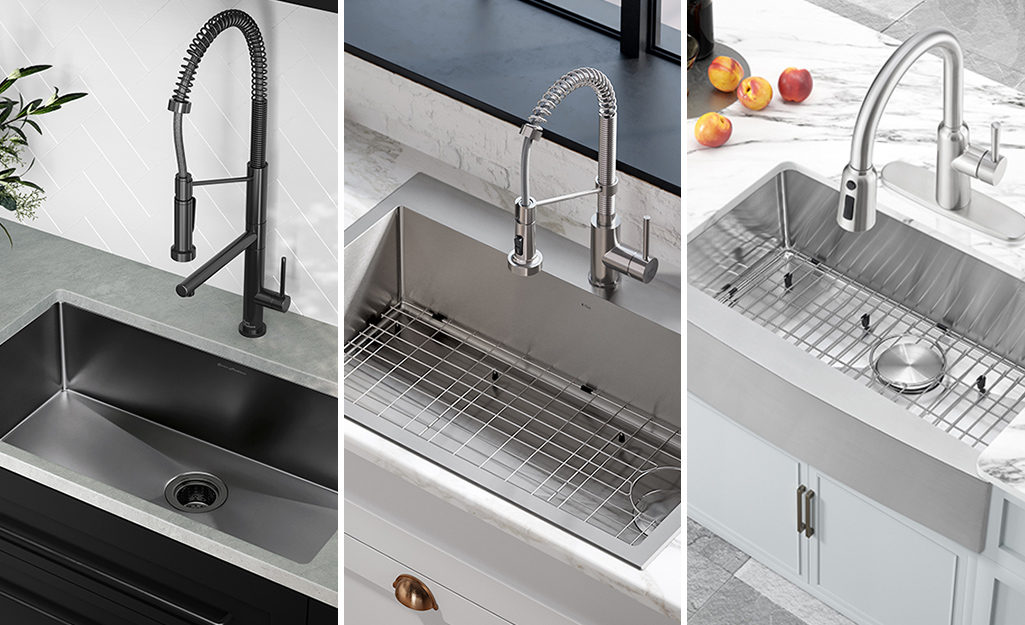








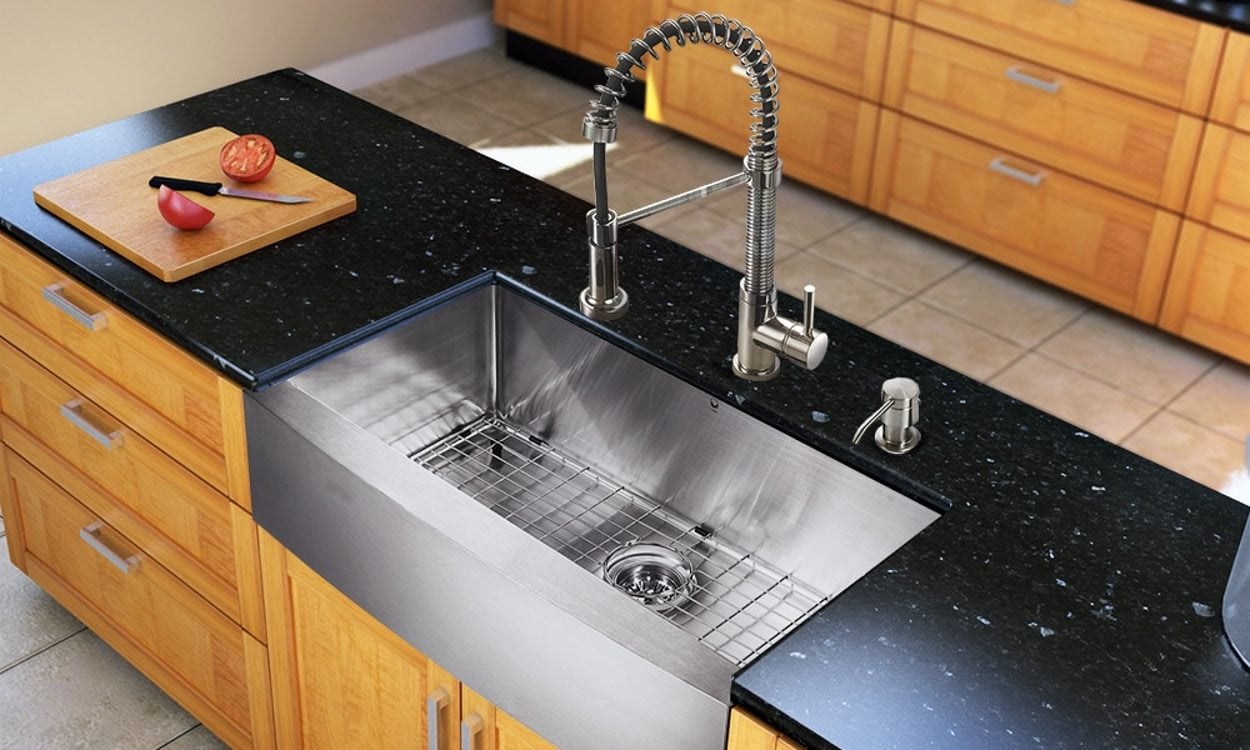




:max_bytes(150000):strip_icc()/GettyImages-174841379-5a85d100ba61770036d9f06c.jpg)



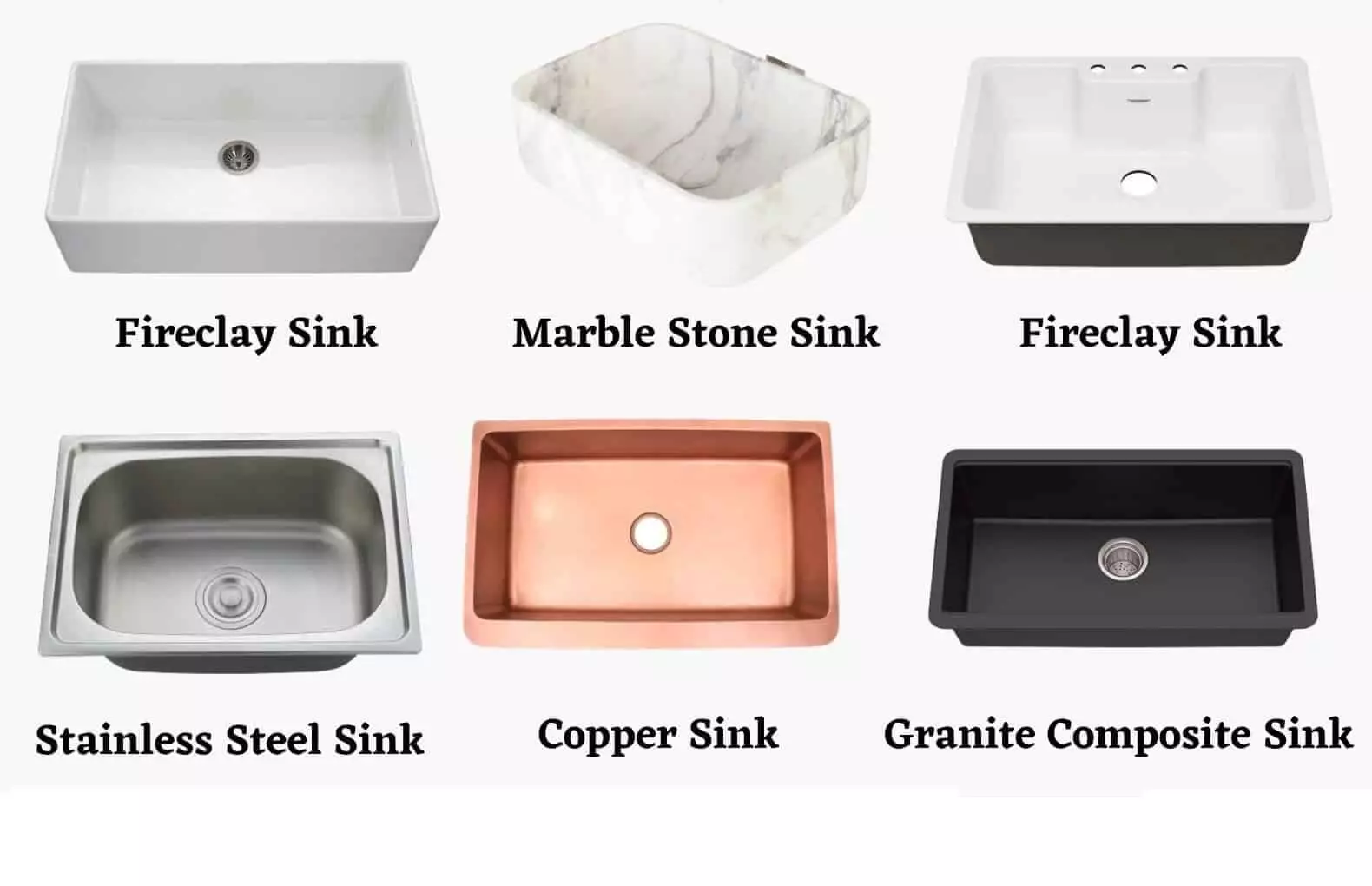

:max_bytes(150000):strip_icc()/Basic-kitchen-sink-types-1821207_color_rev-0b539306b9ef4236a136624ad2a89a4c.jpg)
